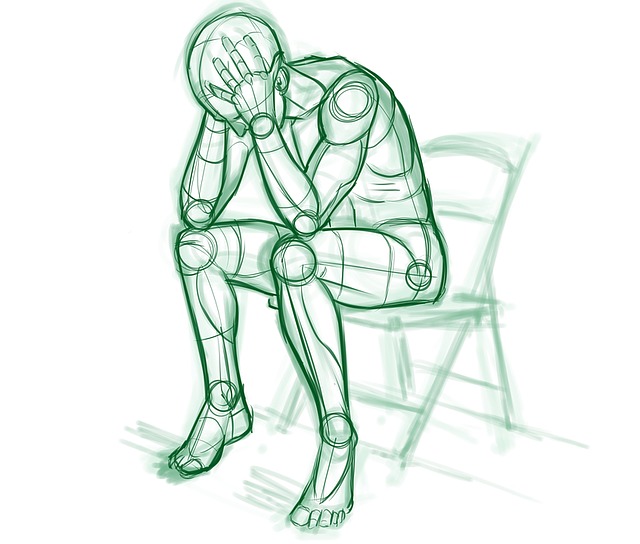“What you face now is a fact. Is a fact ever a problem?”* Arsha Vidya Gurukulam
(*A fact is a problem when the fact is not faced.)
As a student of the Alexander Technique, I was first introduced to the idea that I may be more subjective than I realized in most areas of my perception.
This topic was first explored in the context of my bodily sensations. What felt “right”, necessary or baseline for my posture and movement, was not as right as I believed. I was loading more compression on my joints and using more effort in my muscle tone than was necessary for much of what I was doing.
I started training to teach the Alexander Technique after 4 years of private lessons. It wasn’t long before I began to see how my subjectivity wasn’t limited to my sense of physical effort. My world view, my identity, my emotional tones and most every area of my life was impacted by the habitual way I processed life, and my reactions gave me all the information I needed to work with my habits.
Why is it so much easier to know what someone else should do to solve their problems?
They say it is hardest to see one’s own habits, which are typically framed as faults, flaws and biases by self and others. Unfortunately, I can be very self-critical AND defensive in my earnest efforts to observe my habits and work for change…
On the other hand, when I am teaching the Alexander Technique to my students, or training teachers, I have a chance to observe their habits without being invested in the rightness or wrongness of those habits. This bit of distance allows me to soften, recognize my own habits, and work with myself more effectively.
Many of my students are gobsmacked when they come to realize their habits, so I get lots of practice helping them take the sting out of awareness. Habits need not be tied up in value judgements. Not attaching to the judgements can make the habit easier to address.
©2019 N. Brooke Lieb
